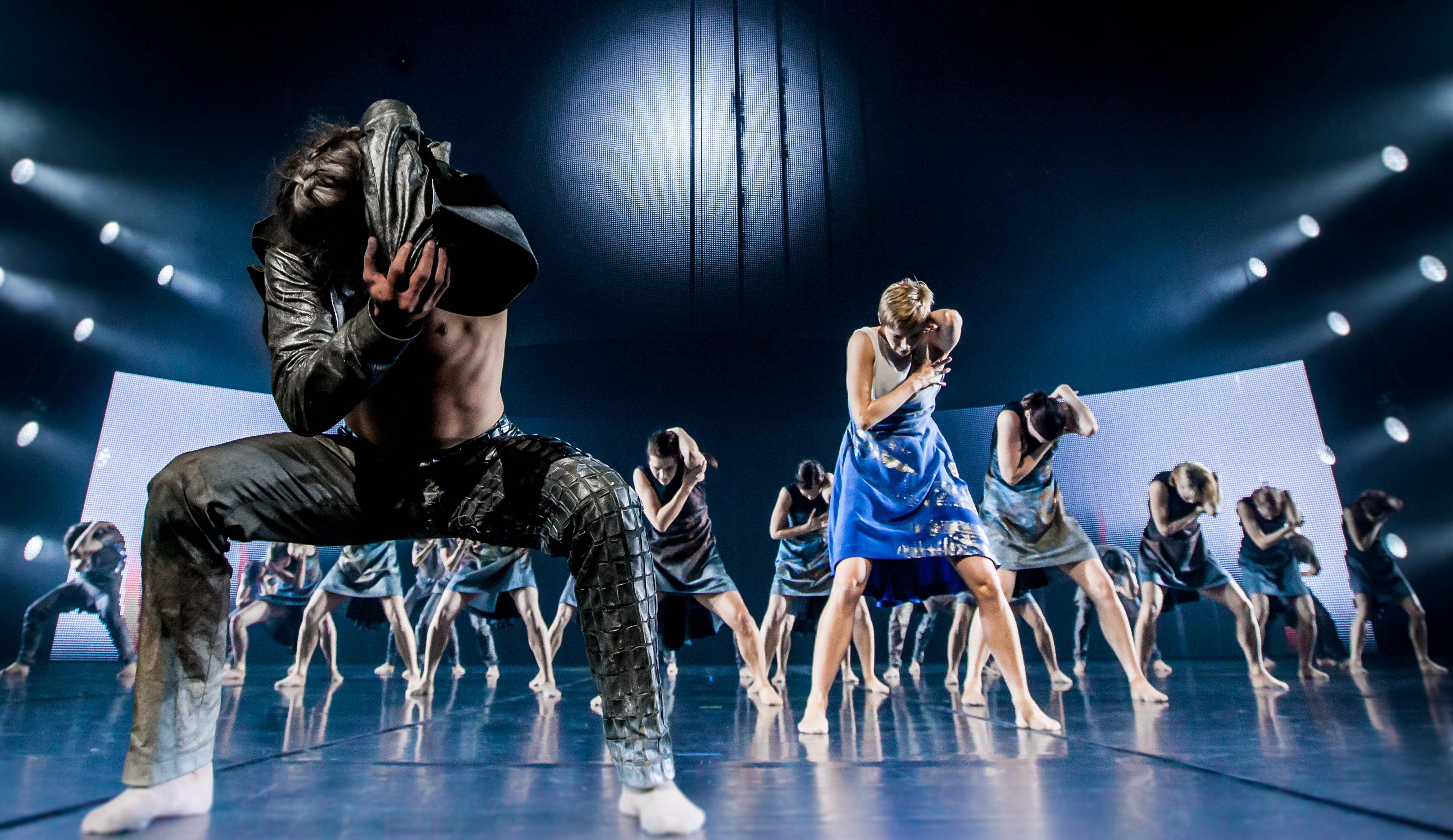Political Priorities
Art and culture have an inalienable intrinsic value and so conditions that foster art and culture must be reinforced and made available to all in our society. In the time since the previous cultural policy co-operation programme was adopted in 2020, many things have changed both in the Nordic Region and globally. The new Nordic Co-operation Programme for the Council of Ministers for Culture shall assist in addressing common challenges and in generating synergies by way of cross-sector initiatives.
The Nordic Region occupies a leading position within the cultural and creative industries at the global level. However, the status report for Our Vision 2030 shows that the import of cultural products from other Nordic countries is in decline.
Nordic Council of Ministers, 2023, "NORDEN – en bæredygtig og integreret region?"
In an age where the playing field for culture and media actors is undergoing change as a result of digital developments, the influence of tech giants and artificial intelligence (AI), it is important that the Nordic Region take a common approach to the challenges and opportunities herein. These challenges have been remarked on in the recommendations from the Nordic think-tank on the influence of tech giants on democratic discourse and by others.
The starting point for cultural co-operation in the Nordic Region is that everyone should have equal opportunities to participate. Research shows that participation in cultural life is affected by gender, socio-economic conditions, level of education and geographical location. This also applies when it comes to cultural participation by children and young people.
Kulturanalys Norden, 2023, Delaktighet i kulturlivet i Norden
Cultural life in the Nordic Region was greatly affected by the COVID-19 pandemic. The ability of artists and cultural actors to create, practise and disseminate art and culture was greatly impacted.
Kulturanalys Norden, 2023, Kultursektorn efter covid-19-pandemin
Nordicom, 2021, Covid-19 och de nordiska nyhetsmedierna
The Nordic Council of Ministers for Culture has adopted goals and sub-goals for the 2025–2030 period. The political priorities direct all activity within the area of cultural policy within Nordic co-operation. The sector shall develop initiatives and activities in line with the goals.

Competitive, visible and creative cultural co-operation shall help to strengthen the opportunities of Nordic cultural actors both within and outside of the Nordic Region, help boost development and innovation, and provide Nordic art and cultural producers with better visibility within international arenas.